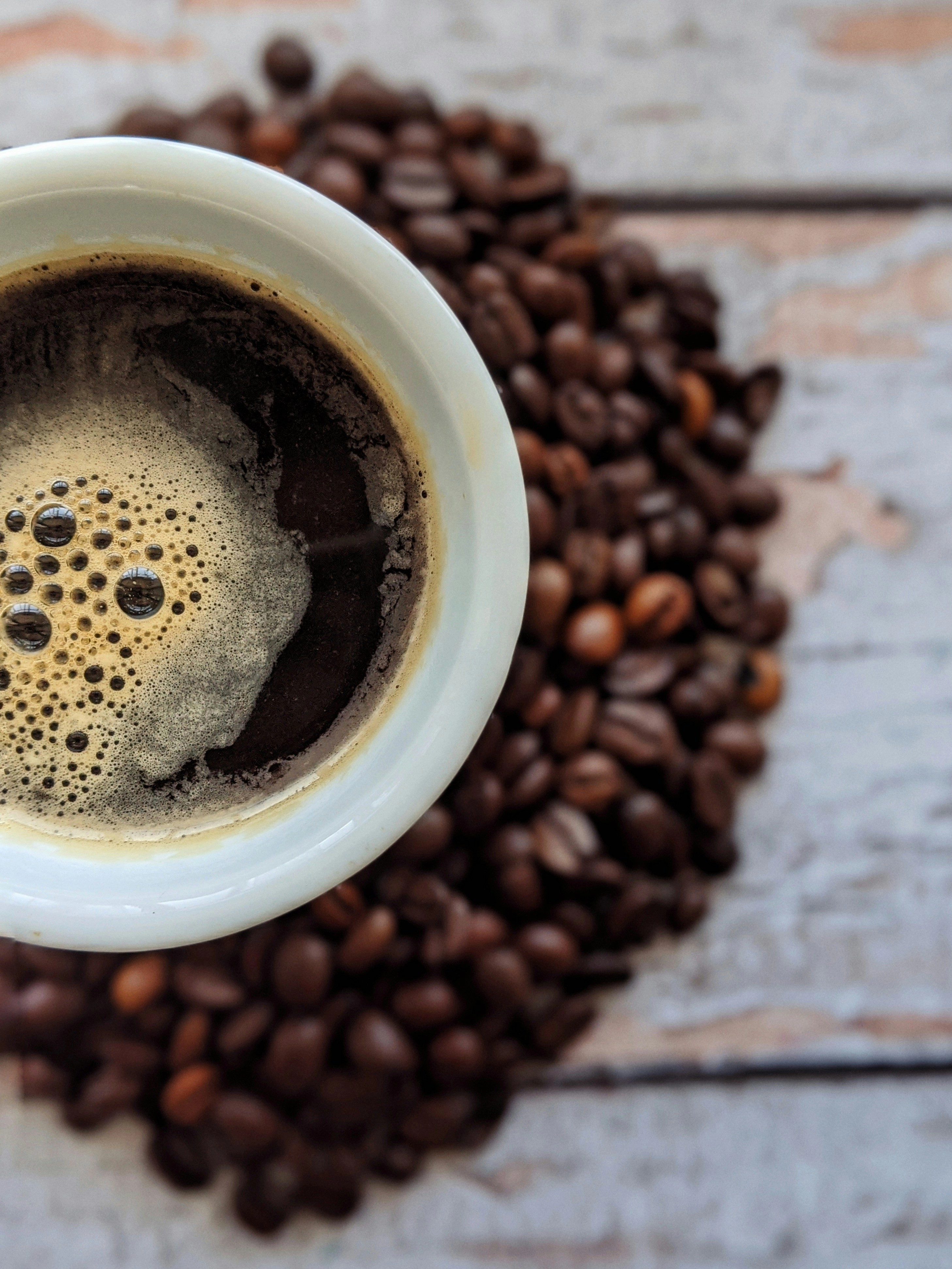A recent study has shed light on the effects of nighttime coffee consumption on impulsivity, particularly among women. Researchers have long been intrigued by the relationship between caffeine intake and cognitive function, and this study adds a new dimension by focusing specifically on the timing of coffee consumption. The findings suggest that drinking coffee in the evening can lead to heightened impulsivity, which may have significant implications for decision-making and behavior.
The study involved a group of women who were monitored for their caffeine intake and subsequent behavior. Participants who consumed coffee later in the day exhibited increased levels of impulsivity compared to those who refrained from caffeine in the evening. This heightened impulsivity was measured through various tasks designed to assess decision-making capabilities, revealing a clear link between nighttime caffeine consumption and a propensity for hasty or less calculated choices.
Understanding the impact of caffeine on behavior is crucial, especially considering the prevalence of coffee consumption in modern society. For many, coffee is a staple of daily routines, often enjoyed well into the evening. The study’s findings serve as a cautionary note for women who may be unaware of how their nighttime coffee habits could influence their behavior. Increased impulsivity can lead to regrettable decisions, whether in personal or professional contexts, making it essential for individuals to consider the timing of their caffeine intake.
Moreover, this research highlights the need for further exploration into how caffeine affects men and women differently. While the study focused on women, it opens the door for examining gender-specific responses to caffeine and impulsivity. As caffeine continues to be a significant part of many people’s lives, understanding its potential effects on behavior, particularly during evening hours, can help individuals make more informed choices about their consumption habits. Overall, the implications of this study extend beyond just coffee drinking; they touch on broader themes of cognitive function and self-regulation in an age where instant gratification often reigns supreme.




